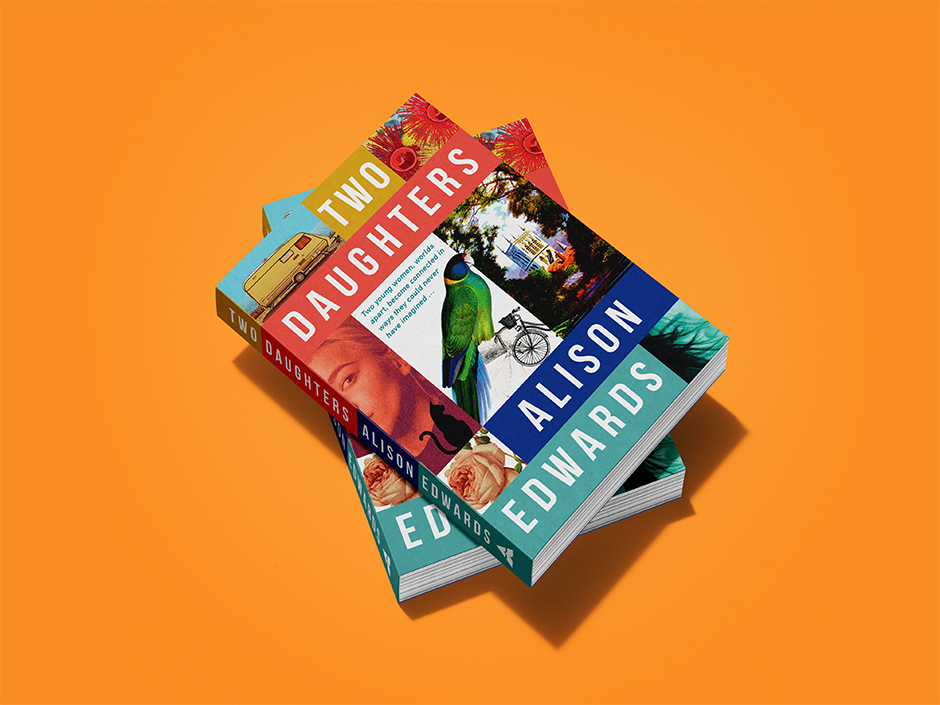Forget BookTok – book clubs are booming IRL.

Panic is too strong a word. Consternation is my overriding sense when I arrive at Amsterdam’s Café Brecht on a Sunday morning and the organiser says, ‘So you’ll just need to give me your phone.’
I hand my mobile over and he adds it to the milk crate beside the bar. ‘Cheer up,’ he says. ‘It’s only three hours.’
I’m at a gathering of the Offline Club, a group recently launched by three Dutch twenty-somethings after they went offline for four days and remembered what it was like to be human beings. To remind the rest of us, they began organising device-free hangouts at various Amsterdam locations, including a 400-year-old church into which they ushered 250 people (plus two pianists) for their inaugural ‘XL digital detox’.
The concept has proven popular: it has since spread to four other Dutch cities, and a Danish branch recently launched in Aarhus. In a delightful irony, the group’s Instagram following topped 65,000 within 10 days of its launch (they now have 300,000 followers).
Inside, Café Brecht is filled with mismatched vintage couches and dim lamps with tasselled shades. A man in a leather jacket reclines in a floral armchair, knitting. I park myself beside two women sketching the interior.
But most people are, like me, here to read. Unless you’ve been living under a cultural rock, you’ll know that book clubs are the new, well, clubs. Since the pandemic they’ve gone from strength to strength, with event platforms Meetup and Eventbrite reporting a dramatic uptick over the last year in book club listings and RSVPs. (Afficionados would say book clubs have been hot since the Socratic circles of 400 BC.)
Book clubs connect likeminded people and often provide a safe space, especially for women. Oprah knows it. So does Reese Witherspoon, and Roxane Gay, Natalie Portman, Dua Lipa, Florence Welch, Kaia Gerber and Dakota Johnson. Life goal: achieve such fame as to be able to command thousands of people to read whatever my mood dictates.
When I moved to Amsterdam in 2015 – too antisocial for bar-hopping but too young for boules – Operation Find Friends consisted of attending every book club listed on Meetup within biking distance. I prefer to stay within seven minutes of my own home at all times, and yet at my fingertips was a classics book club, clubs focused on queer, feminist and science fiction (not all at once), and still the largest group, Amsterdam Readers & Drinkers.
I met many of my best friends at book clubs. Also a suburban housewife with an alarmingly grisly knowledge of literary murders. I can attest that all book clubs have a member who maintains an Excel record of every book they have ever read, starting from Stuart Little at age five, plus that one guy who is definitely there just to meet women.
There will invariably be someone who only reads books about school baseball teams in the US Midwest, and another who insists on 800-page tomes about eighteenth-century French vampires.
I once accidentally showed up at a book club for Dutch seniors, and thoroughly enjoyed their scathing takedown of A Little Life until I clocked that we weren’t discussing the novel but an attendee’s actual childhood trauma. I then joined a life-affirming, long-running group, only for it to disintegrate after a protracted breakup phase where we could never find a date that worked, nobody wanted to commit and everyone was cheating with other book clubs.
I even co-founded a Non-Book Book Club: one member would select a contentious topic – international surrogacy, cancel culture, UFOs – and curate a selection of non-book materials. We’d get together to discuss, say, the potential for both good and evil of gene editing on the basis of a Science article on CRISPR plus X-Men: Days of Future Past.
At Café Brecht, reading is exactly what I don’t do. There’s a guy opposite me who I’ve decided, based on his ears, is Russian; he’s started passing around a folded piece of paper for different people to draw a head, torso and legs, and I can’t help but watch even though we all know the ballerina’s body will end up with hairy footballer’s legs.
Reading in-situ never works for me: I get distracted. I recently went to a silent book club and found myself seated beside a woman who steadily crunched her way through a jumbo bag of crisps. I do better when I can read in the privacy of my own home, while hiding from my kids in a kitchen cupboard like a normal person.
My current book club is ideal. The bureaucratic threshold is low, consisting only of rating each book based on ‘vibe’ and then recording the average scores in ranked order in a Note on someone’s phone. We meet at restaurants that are conveniently located, mainly for me, and maintain notably lax standards around actually reading the book. Because what, really, is the point of book club if not to read the first seven pages and almost always remember to discuss them by the time we get to dessert?
Alison Edwards holds a PhD in linguistics from the University of Cambridge. She is now based in Amsterdam, where she works as a translator and editor. Her debut novel, Two Daughters, is published by Atlantic Books Australia.

Two Daughters
by Alison Edwards
A brilliant debut reaching from the picturesque South Coast of NSW to the cloisters of Cambridge, following two young women's lives as they become entwined in ways neither could have expected.

Comments